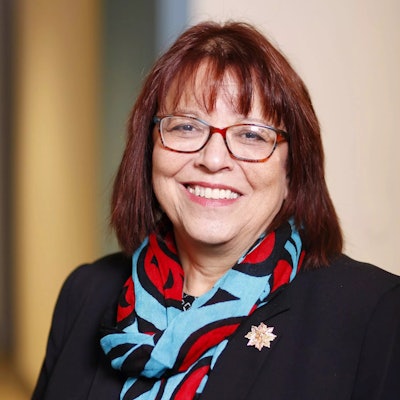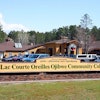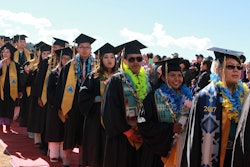The legacy of mistreatment that American Indians and Alaska Natives have endured is evident in the educational statistics. Only 16.1% of AIAN people over 25 have a bachelor’s degree or higher, less than half the rate of Americans overall, according to the U.S. Census Bureau. In an attempt to address this disparity, the Lilly Endowment, has announced a five-year, $38,775,000 grant to the American Indian College Fund, the nation’s largest charity for Native higher education. It is the largest gift in the College Fund’s 33-year history.
The money will go towards funding efforts to improve enrollment and retention at tribal colleges and universities (TCUs). TCUs are one of the strongest engines of success for Native students: those who attend a two-year TCU are four times likelier to earn a bachelor’s degree than those who attend a mainstream four-year institution out of high school. But TCUs are chronically underfunded. Most receive no money from their home states, and relatively little from the federal government. The nearly $39 million from the Lilly Endowment will make a big difference.
 Cheryl Crazy Bull, president and CEO of the American Indian College Fund
Cheryl Crazy Bull, president and CEO of the American Indian College Fund
The Lilly grant will allow the College Fund to expand “Culture at the Heart: An Indigenous Approach to Enrollment and Retention,” a pilot program that had funded efforts at five TCUs to attract and keep students. The additional money will enable the College Fund to support projects at 25 schools.
Enrolling Native students in TCUs is often more difficult than enrolling non-native students in mainstream schools.
“Recruitment in Indian country is not as simple as recruiting in a city where you can in one day hit five high schools,” said Dr. Charles M. Roessel, president of Diné College, a TCU chartered by the Navajo Nation. High schools might be on opposite sides of a reservation, hours apart by car. Should Diné receive some of the new funding, more outreach in secondary schools would be a priority, said Roessel.
Keeping Native students in school once they’ve enrolled is also a challenge.




















